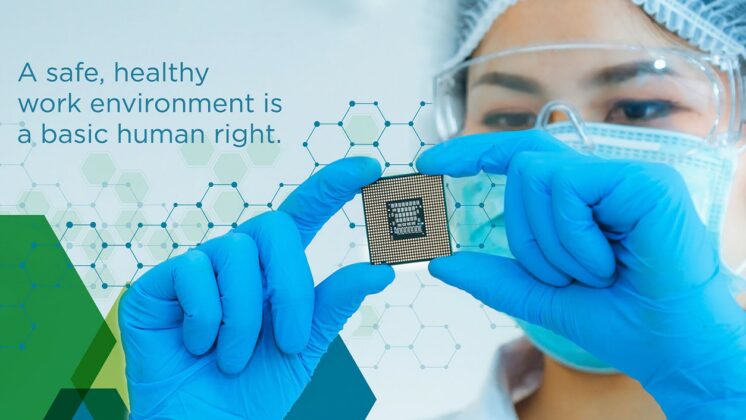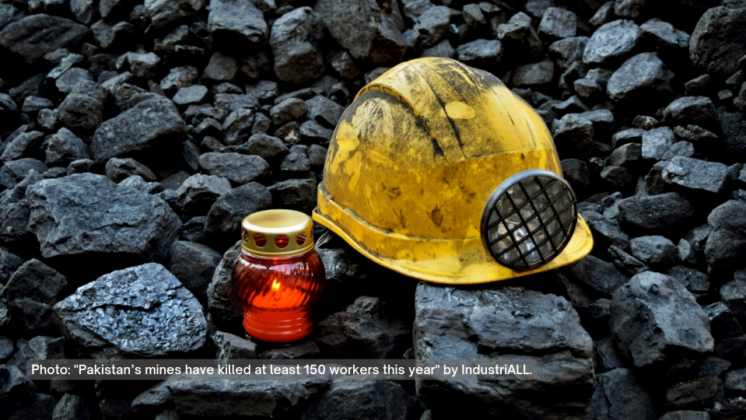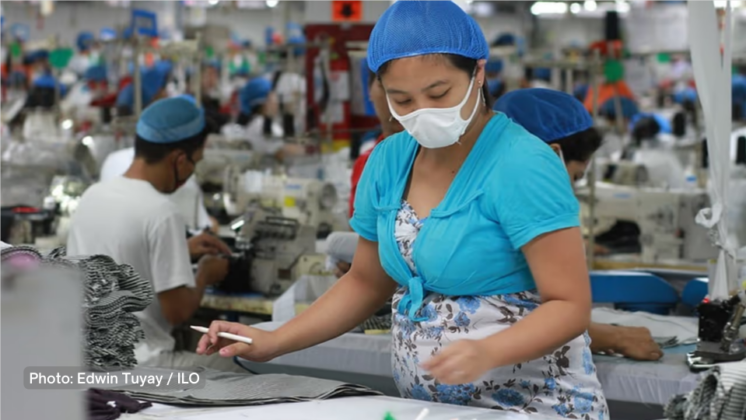The spontaneous burning and explosion of Samsung phones has pushed the tech giant into what could be one of the most damaging and costliest product safety scandals in the electronics industry history. After weeks of consumers’ phones catching fire whilst charging, which led to the aviation sector banning Galaxy Note 7 on airlines for fear of midflight explosions, the world’s top mobile phone producer finally issued a global recall of the Galaxy Note 7 due to serious “safety risks” for consumers. Samsung products, however, have been causing serious health and safety risks for years to the workers who build the phones, according to members in the Good Electronics Network.
“When airlines ban the use of Samsung’s Note 7 in the air, passengers get a sense of the fear that many Samsung workers face every day for their own health and safety,” said Sharan Burrow, International Trade Union Confederation General Secretary. This safety scandal—which became headline news when a Samsung Note 7 exploded in a jeep setting it on fire—raises serious questions about Samsung’s transparency, product safety, corporate policies and priorities. The safety issues raised by consumers, aviation authorities, investors, top carriers and regulators, echo the long standing claims of those Samsung employees who are victims of workplace related diseases caused by exposure to dangerous chemicals used in manufacturing phones.
Deaths and diseases by chemical poisoning
The nonprofit organization SHARPS, has been staging a sit-in outside Samsung global exhibition space D’light in Seoul, since October 7, 2015, protesting the documented cases of 223 workers who developed leukemia, lupus, lymphoma, and multiple sclerosis working for Samsung. There are 76 reported deaths to date, all of which are believed to be work related and mainly caused by chemical exposure from making computer chips and liquid crystal displays for Samsung. The victims and their families face serious obstacles in proving the cause of these diseases due to Samsung’s refusal to disclose information about the chemicals its employees work with and are exposed to on the job. SHARPS has recently launched a petition calling on Samsung to publically pledge to respect workers and human rights.
A recent Associated Press investigation into the death of Samsung workers, most between 20-30 years old, revealed that the Korean government is also protecting Samsung. The government so far has refused to give grieving families information about the chemicals their loved-ones were exposed to when working for Samsung on the basis that doing so, would undermine Samsung’s competitive advantage by revealing trade secrets. The recent report Poisonous Pearl published by the GoodElectronics Network focuses on the experiences of workers in the electronics industry in China who are victims of chemical poisoning. All were working in large or small factories in the Pearl River Delta-region of China, an area well known as a global silicon valley hub for the production of consumer electronics by manufacturers that supply to big, international, brand companies, including Samsung.
Samsung: make lives better
Samsung states that customer safety is a top priority. The global recall of the Galaxy Note 7 and offers of financial and product compensation to consumers is evidence Samsung cares about its consumers. Some analysts say the phone fiasco could cost the company upwards of $17 billion. Samsung was forced to issue a profit warning ahead of its quarterly financial reports to inform investors that profit would tank 30% in the 2016 third quarter due to the defunct and dangerous phones. The company’s share price crashed on the day of the profit warning wiping off $19 billion in Samsung’s market value. The company is listening to its investors and to consumers.
But Samsung also has a responsibility for the health and safety of its employees that work producing electronic devices. Workers have been calling Samsung to clean up its act for years now. Why isn’t Samsung prepared to take action to make its production facilities safe for its workers, as swiftly and as thoroughly as it did to protect its customers and investors?
If Samsung wants to maintain its market position and stand by its motto of “making lives better” it should start, first and foremost, with the lives and safety of its own employees. Samsung must take serious steps to adopt safer and more sustainable manufacturing practices and to proactively reduce and eliminate chemical and physical workplace hazards whilst creating safer alternatives for its workers.
Samsung should meet the ‘Challenge to the Electronics Industry’ as endorsed by the GoodElectronics Network, the International Campaign for Responsible Technology and more than 200 civil society groups. This challenge to the consumer electronics sector calls on companies like Samsung, Apple Foxconn, and many others to be transparent and fully disclosure information concerning the chemicals and hazardous substances used to make their smartphones, laptops and tablets. This information must not be considered confidential or kept under wraps nor should it be protected as so-called trade secrets, when workers’ health and lives are at stake.








